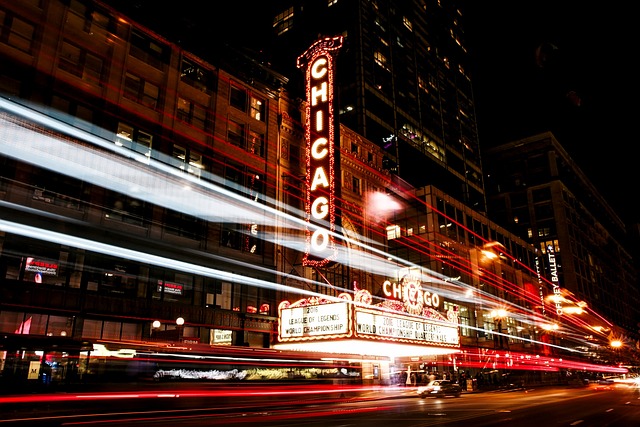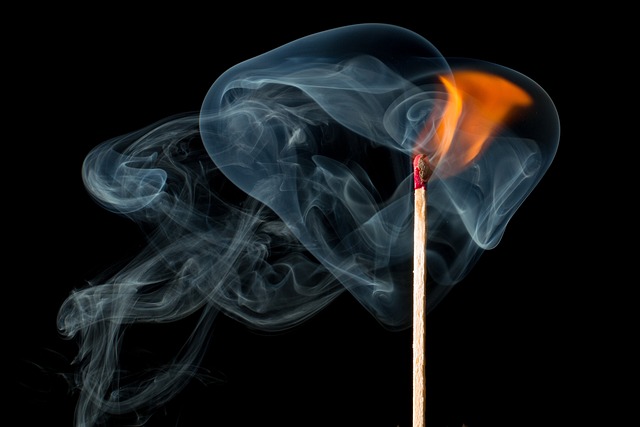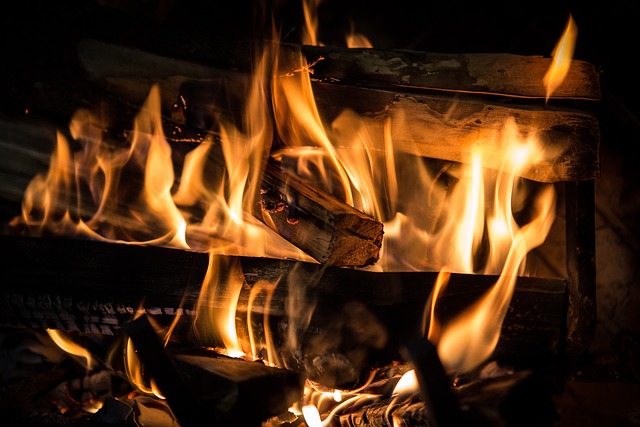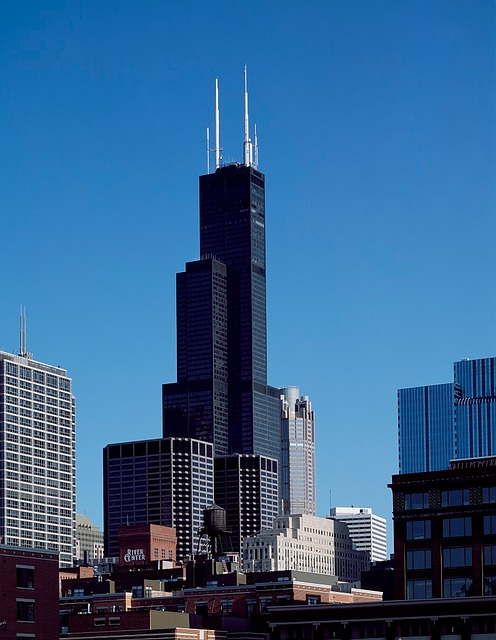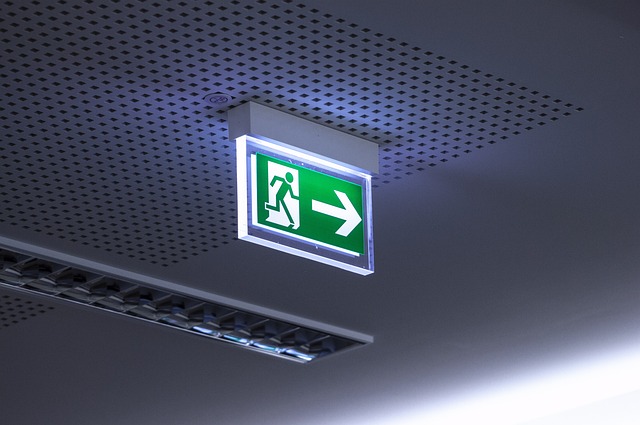Smoke damage from fires in Chicago homes poses significant health risks, including toxic gases and hazardous chemicals. To safely sell a property with such damage, homeowners must conduct thorough inspections, test air quality, and assess structural integrity. Professional remediation services are essential for cleanup and restoration before placing the property on the market. Swift action after a fire includes evacuating, documenting damage, and shutting off utilities. Remediation involves addressing structural issues, hazardous materials, and restoring the property to its pre-fire condition. Legal obligations and insurance considerations must be understood; disclosure of defects and understanding coverage limits are crucial for a successful sale of a house with fire damage in Chicago.
In Illinois, especially in bustling Chicago, smoke damage from fires can pose hidden hazards and health risks. This comprehensive guide delves into understanding these dangers, offering immediate steps to protect your property and family after a fire, detailing the remediation process for restoring your Chicago residence, and navigating legal and insurance considerations if you’re looking to sell a house with fire damage in Chicago. Discover practical tips and expert advice tailored to Chicago’s unique landscape.
- Understanding Smoke Damage: The Hidden Hazards and Health Risks in Chicago Homes
- Immediate Steps After a Fire: Protecting Your Property and Family from Further Damage
- The Remediation Process: Step-by-Step Guide to Restoring Your Chicago Residence
- Legal and Insurance Considerations for Selling a House with Fire Damage in Chicago
Understanding Smoke Damage: The Hidden Hazards and Health Risks in Chicago Homes
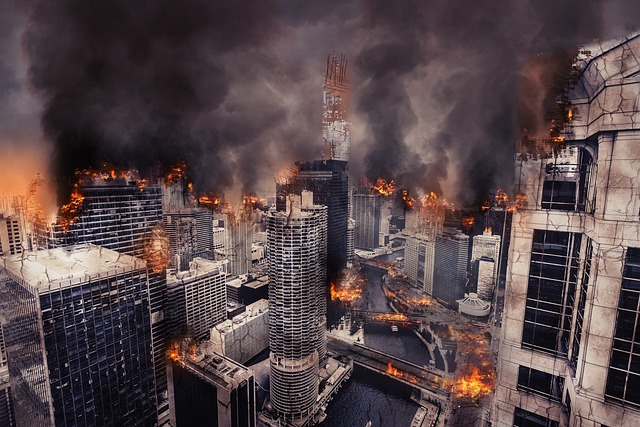
Smoke damage from fires can leave behind hidden hazards and health risks in Chicago homes, often going unnoticed by occupants or potential buyers. Beyond the visible charred marks, toxic gases, soot, and ash particles can infiltrate walls, ceilings, and flooring, posing serious threats to residents’ well-being. These residues can include hazardous chemicals like carbon monoxide and volatile organic compounds (VOCs), leading to respiratory issues, allergies, and even long-term health complications.
When considering how to sell a house with fire damage in Chicago, understanding these hidden dangers is crucial. Homeowners should conduct thorough inspections, testing for air quality and potential structural instability caused by smoke intrusion. Professional remediation services can help mitigate these risks, ensuring the safety of future occupants. Proper cleanup and restoration techniques are essential steps before placing the property on the market to attract buyers who value health, safety, and peace of mind.
Immediate Steps After a Fire: Protecting Your Property and Family from Further Damage
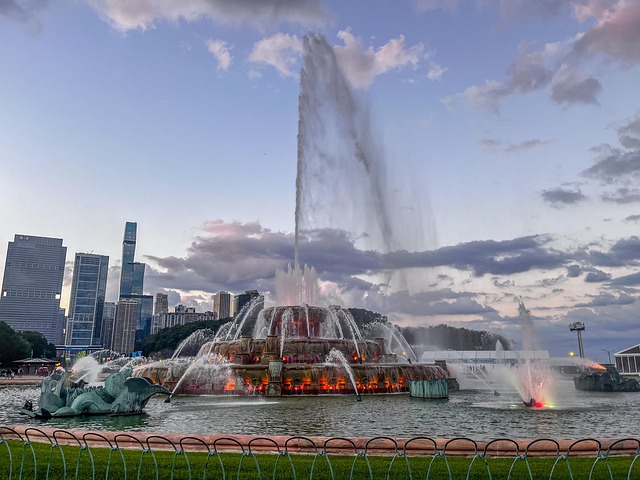
After a fire, it’s crucial to act swiftly to protect your property and loved ones from further smoke and water damage. The initial steps following a Chicago fire are critical in determining the future condition of your home. First, ensure everyone’s safety by evacuating immediately and calling emergency services if needed. Once the danger has passed, start by shutting off any fuel or electricity supplies to prevent further hazards. If possible, contain the fire’s reach by blocking entry points and removing flammable materials nearby.
Next, begin documenting the damage for insurance purposes. Take photos of every affected area, noting both visible smoke and water damage. Save receipts for any temporary repairs or purchases made to protect your property, like tarps or dehumidifiers. These steps are essential when aiming to sell a house with fire damage in Chicago, as they demonstrate proactive measures taken to mitigate losses and can enhance the property’s value during the remediation process.
The Remediation Process: Step-by-Step Guide to Restoring Your Chicago Residence

After a fire, restoring your Chicago residence can seem daunting, but understanding the remediation process is key. Here’s a step-by-step guide for selling your house with fire damage in Chicago:
1. Safety First: Ensure your home is safe to enter by addressing any structural issues and removing hazardous materials. Consult professionals like firefighters or building inspectors if necessary. The health and safety of your family and potential buyers should always be the top priority.
2. Document Damage: Take detailed photos and videos of all affected areas, both visible and hidden damage included. This documentation will prove invaluable during the insurance claim process and when selling your house with fire damage in Chicago. Keep records of all expenses related to remediation as well.
3. Contact Your Insurance Provider: Review your policy and notify your insurer promptly. Be prepared to provide them with the documented evidence of damage, which can help streamline the claims process. Understand your coverage limits and deductibles, and ask about any additional resources or assistance they offer during restoration.
4. Hire Professional Remediators: Engage the services of experienced fire damage remediation professionals in Chicago. They will assess the extent of the damage, establish a safe work environment, and begin specialized cleaning and decontamination processes. These experts can help ensure your home is restored to its pre-fire condition, increasing the chances of selling it at a fair price.
5. Restoration Process: The remediation process involves several stages: cleaning charred surfaces, removing sooty deposits from walls and ceilings, restoring electrical systems, replacing damaged or destroyed items, and deodorizing the property. Once these steps are complete, conduct a final inspection to ensure your home meets safety standards and is ready for new flooring, painting, and any other finishing touches before putting it on the market.
Legal and Insurance Considerations for Selling a House with Fire Damage in Chicago
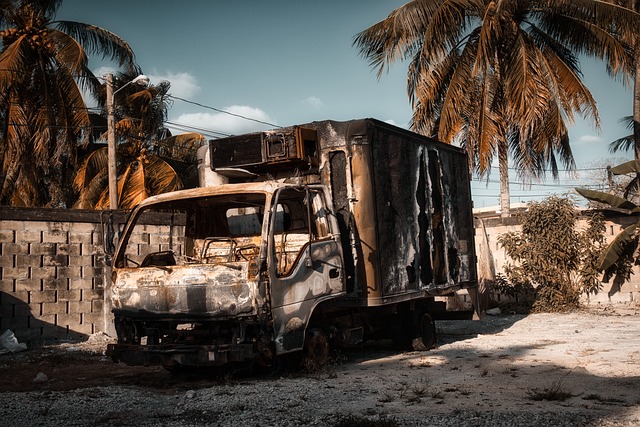
Selling a house with fire damage in Chicago involves more than just repairing the physical effects; it also comes with legal and insurance considerations that homeowners must navigate carefully. The first step is to understand your rights and obligations as both a seller and an insured party. In Illinois, sellers are typically required to disclose any known material defects, including smoke damage, to potential buyers. This transparency helps set clear expectations and may prevent future disputes regarding the property’s condition.
When it comes to insurance, reviewing your policy is crucial. Many home insurance policies cover smoke damage restoration after a fire. Policyholders should check their coverage limits and deductibles, as well as understand the process of filing a claim. After repairs are completed, updating the insurance provider on the remediation efforts is essential for ensuring that any claims or settlements are processed accurately. For those looking to sell, providing potential buyers with documentation of the restoration work can demonstrate your diligence in addressing the fire damage and help facilitate a smoother transaction.
Smoke damage can significantly impact homes in Illinois, particularly in bustling Chicago. Understanding the hidden hazards and taking immediate steps after a fire are crucial for protecting both your property and health. The remediation process involves a meticulous step-by-step guide to restore your home, ensuring every trace of smoke is removed. When considering how to sell a house with fire damage in Chicago, legal and insurance aspects must be carefully navigated. By following these guidelines, you can ensure a smooth transition and mitigate potential risks for both homeowners and buyers alike.

